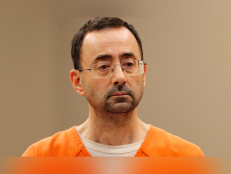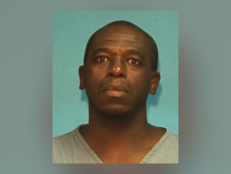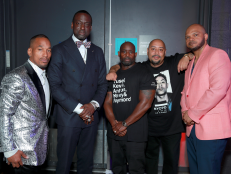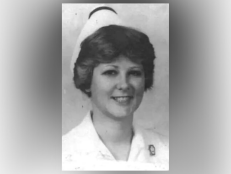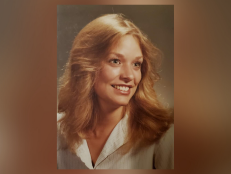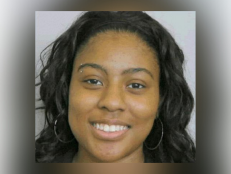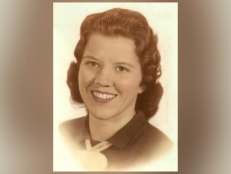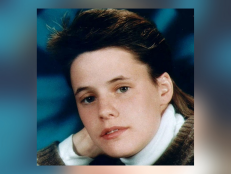How Anthony Broadwater Was Exonerated 40 Years After He Was Convicted Of Author Alice Sebold’s Rape
“I know that no apology can change what happened to you and never will,” she recently told him in a letter.
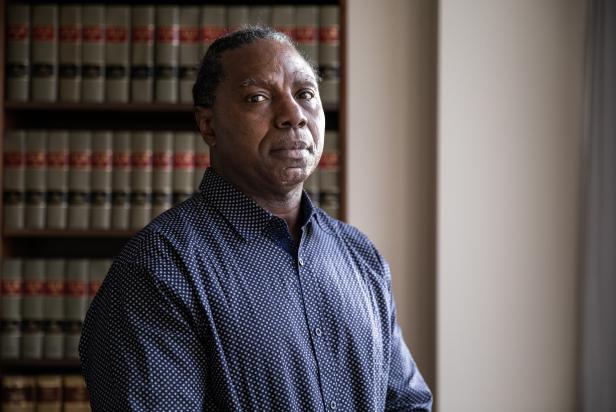
Matt Burkhartt for The Washington Post via Getty Images
Anthony Broadwater
The man who spent 16 years behind bars for the rape of author Alice Sebold was recently exonerated after the case against him was found to be fundamentally flawed.
“I deeply regret what you have been through,” Sebold told 61-year-old Anthony Broadwater in a Nov. 30 statement posted on Medium. “I am sorry most of all for the fact that the life you could have led was unjustly robbed from you, and I know that no apology can change what happened to you and never will.”
“I will remain sorry for the rest of my life that while pursuing justice through the legal system, my own misfortune resulted in Mr. Broadwater’s unfair conviction,” she wrote.
In Sebold’s 1999 memoir Lucky, she detailed how she was an 18-year-old student in Syracuse, New York, when a Black man raped her in Thornden Park in May 1981.
Sebold reported the crime, but there were no arrests until five months later, when she passed a man on the street who she believed may be her attacker. Police arrested Broadwater, who was 20 at the time and had recently returned home to Syracuse from serving in the Marine Corps in California because his father was ill.
In 1982, Broadwater was found guilty of sexually assaulting Sebold. He always denied he had anything to do with the crime and tried to clear his name for decades, including after his release from prison in 1998.
A key issue in the case against Broadwater, his defense lawyers argued in their motion to vacate the conviction, was the reliance on the analysis of microscopic hair evidence collected after Sebold’s rape. The Justice Department and FBI formally acknowledged in 2015 that the technology was flawed and led examiners to give testimony that overwhelmingly favored prosecutors, The Washington Post reported.
Prosecutorial misconduct was another major factor in Broadwater’s conviction, his attorneys said. After Broadwater’s arrest 40 years ago, he and four other men were put in a police lineup. Sebold initially identified another man as her attacker, but prosecutors at the time falsely told her the person she indicated and Broadwater were friends and they deceived her by standing next to one another. According to Broadwater’s lawyers, Sebold’s subsequent testimony was improperly influenced.
After Broadwater was exonerated on Nov. 22, Onondaga County District Attorney William J. Fitzpatrick said witness identification of strangers is often unreliable, particularly in cases in which racial lines are crossed, as in the case with Sebold, who is white, and Broadwater, The New York Times reported.
“I am grateful that Mr. Broadwater has finally been vindicated, but the fact remains that 40 years ago, he became another young Black man brutalized by our flawed legal system. I will forever be sorry for what was done to him,” Sebold, 58, said in her statement.
Broadwater said Sebold’s remorse “was a big relief.”
“She knowingly admits what happened,” he told Syracuse.com. “I accept her apology.”
